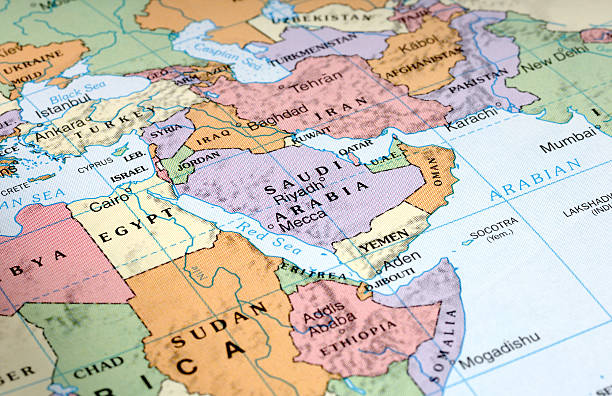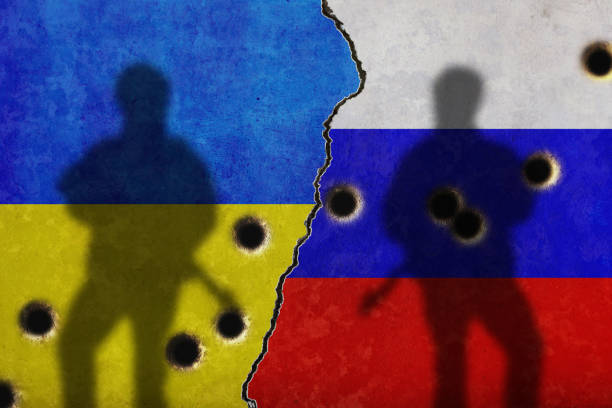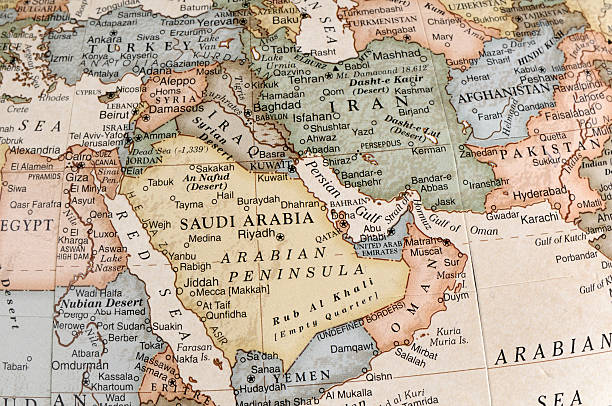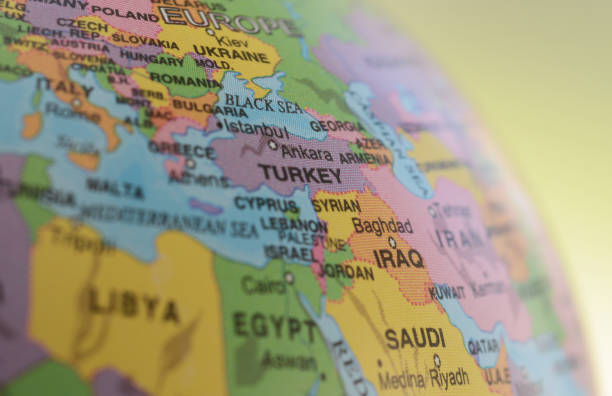On February 17, Chancellor Scholz addressed the Munich Security Conference. Mentioning the tragic death of Alexei Navalny, he declared that to all intents and purposes, President Putin has brought the economy, education, science, and culture in Russia under his control, and anyone who actively works for freedom and democracy has to fear for their life. He said:
“Regardless of how Russia’s war in Ukraine ends, and regardless of the outcome of elections on either side of the Atlantic, one thing is crystal clear: we Europeans must do much more for our own security – now and in the future. Our readiness to do so is considerable.
“First of all, the threat from Russia is real. That is why our deterrence and defense capabilities have to be credible and remain credible. At the same time, we don’t want a conflict between Russia and NATO. For that reason, all countries supporting Ukraine have been in agreement since the start of the war that we will not send our own troops to Ukraine.”[i]
Thus, he offered his listeners a realistic assessment of Russia-West relations and what Europe should do to provide for its security in the years ahead. The essence of his address was also reflected in the statements of other Western senior officials. However, although NATO troops have not been sent to Ukraine, as he mentioned, Russia and NATO are in conflict in Ukraine.
During the Cold War years, NATO members were supposed to spend 3% of their GDP on defense. Not all did. In 2006, NATO Defense Ministers agreed to commit a minimum of 2% of their GDP to defense spending to ensure the Alliance’s military readiness. The combined wealth of the non-US Allies, measured in GDP, is almost equal to that of the US. However, non-US Allies together spend less than half of what the US spends on defense. In 2014, only three Allies met the 2% or more guideline. This imbalance has grown more pronounced since 9/11, after which the US significantly increased its defense spending.[ii]
According to data released as of July 1, 2023, the number of NATO countries that have reached or exceeded the 2% defense spending target has gone up to 11 out of 30.[iii] In other words, European countries have been happy, all along, to reach higher prosperity levels under the US defense umbrella. But this has come at a price: the EU has become a major economic power but has failed to attain the status of a global power player like the US, China, and Russia. Now, with the war in Ukraine, at least reaching the 2% target has become a must.
On August 18, 2023, The New York Times reported that Russia’s military casualties in Ukraine, according to US officials, were approaching 300,000. The number included as many as 120,000 deaths and 170,000 to 180,000 injured troops. The Russian numbers dwarfed the Ukrainian figures, which the officials put at close to 70,000 killed and 100,000 to 120,000 wounded.[iv] But yesterday, President Zelensky said that 31,000 Ukrainian soldiers have been killed since Russia’s full-scale invasion. This was an important statement that will stay on the record.
Following the fall of Avdiivka to Russian forces, some reports on the military situation were titled, “Ukraine outnumbered, outgunned, ground down by relentless Russia”, others carried similar headings reflecting growing disappointment and frustration with the grinding war. A month ago, The New York Times reported that more Ukrainian men were avoiding military service, while calls to demobilize exhausted frontline soldiers were on the rise. Yesterday, Ukraine’s Defense Minister Rustam Umerov said that half of Western military aid has been delayed costing lives and territory.
The war in Ukraine is not the only one the West is fighting. The US and some of its NATO allies are also involved in a second war in the Middle East. Last week, the US once again vetoed an Algerian draft resolution calling for an “immediate ceasefire”. Thirteen Security Council members voted in favor of the resolution, which was drafted by Algeria, while Britain abstained. At present, in addition to the permanent five, Algeria, Ecuador, Guyana, Japan, Malta, Mozambique, the Republic of Korea, Sierra Leone, Slovenia, and Switzerland are members of the Security Council.
The US has vetoed resolutions critical of Israel more than any other Council member – 45 times as of December 18, 2023.[v]
In brief, the US and its European partners are now fighting a one-and-a-half war at a rapidly rising cost, militarily, economically, and diplomatically.
Since the Hamas onslaught of October 7 that resulted in the death of more than 1200 Israelis, nearly 30,000 Gazans have lost their lives. The ferocity of the IDF response has led to Israel’s diplomatic isolation in the Global South and increasing criticism even in the West. Yet, until very recently, Washington and some of its European partners simply refused to speak of a “ceasefire”. All that they were able to mention, reluctantly, were words such as “pause”, “truce”, and “suspension of hostilities”. The US counterproposal to the vetoed Algerian “immediate ceasefire” draft resolution, mentioned a temporary ceasefire “as soon as practicable”. The word “ceasefire” is hardly ever mentioned in the context of the war in Ukraine.
Considering the staggering loss of lives and the devastation in the two war zones, declaration of ceasefires is imperative. A ceasefire is the first step toward ending the suffering on both sides of any conflict, if not lasting peace. It is all the more significant if declared at a point when the battlefield picture does not allow for claims of “total victory”.
During February, international news outlets continued to publish similar pictures of the devastation caused by the wars in Ukraine, and Gaza, and the February 6, 2023, earthquake in Türkiye and Syria. The first two are the result of failures to achieve reasonable international understandings and the third is the consequence of a natural disaster aggravated by years of neglect of proper building standards. But in all three cases, the result is human suffering and devastation that could and should have been avoided.
Once these wars come to an end, the supporters of both Ukraine and the Palestinians would be expected to spend a lot more on the reconstruction of Ukraine and Gaza.
Note: This post was first published in diplomaticopinion.com.
————————————————————————————-
[i] https://www.bundesregierung.de/breg-de/impressum/speech-by-federal-chancellor-olaf-scholz-at-the-munich-security-conference-2260378
[ii] https://www.nato.int/cps/en/natohq/topics_67655.htm
[iii] https://www.statista.com/chart/14636/defense-expenditures-of-nato-countries/
[iv] https://www.nytimes.com/2023/08/18/us/politics/ukraine-russia-war-casualties.html?smid=em-share
[v] https://globalaffairs.org/bluemarble/how-us-has-used-its-power-un-support-israel-decades









